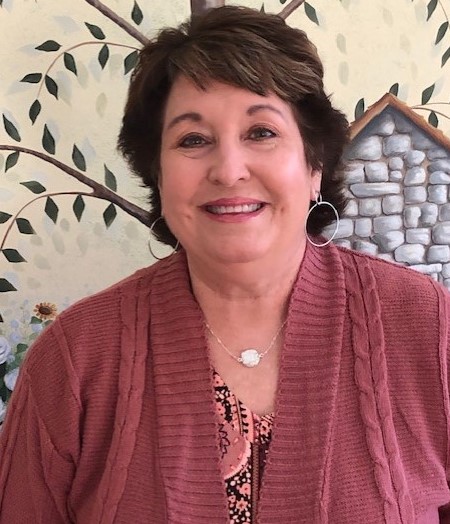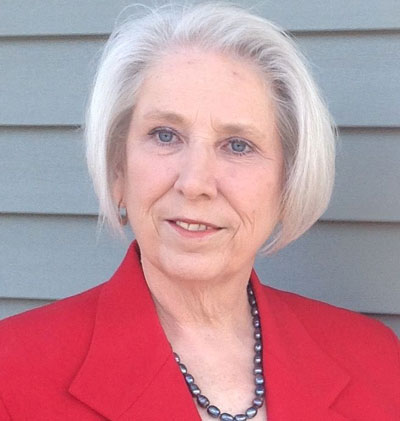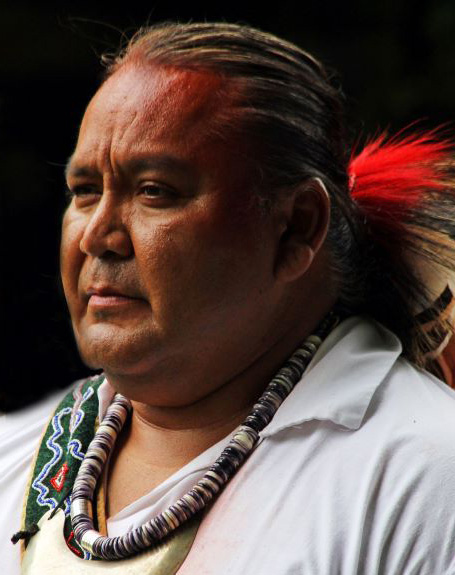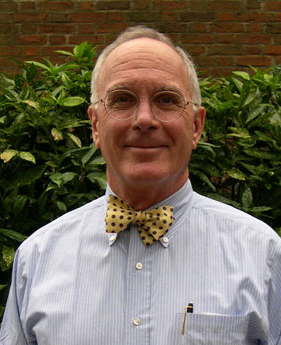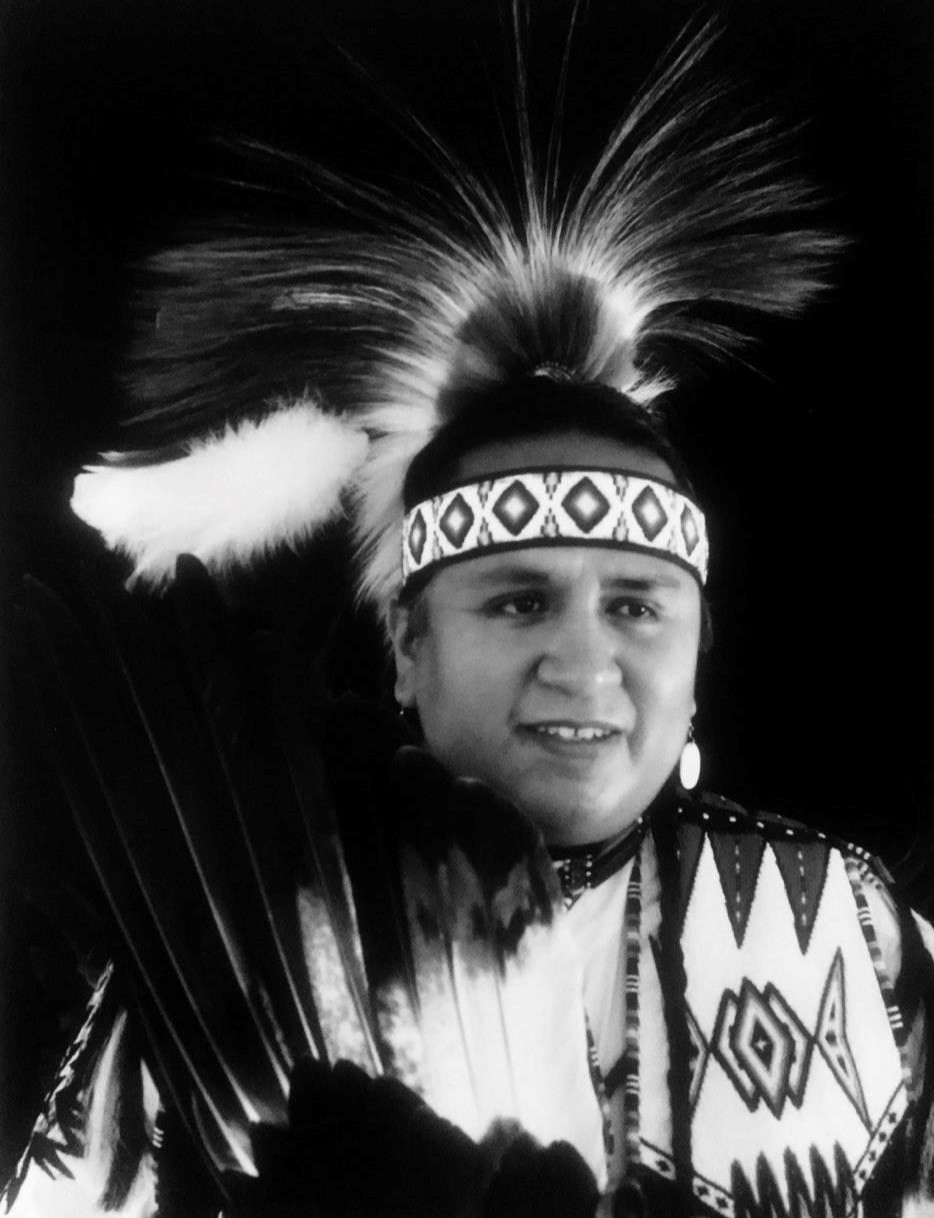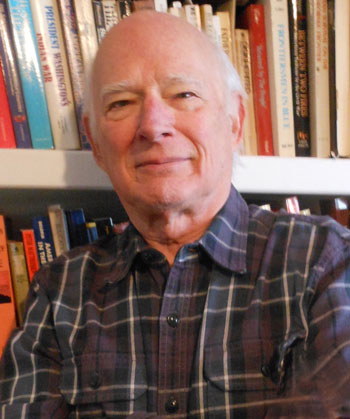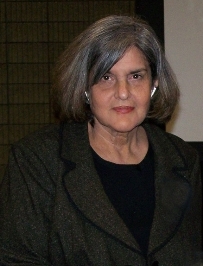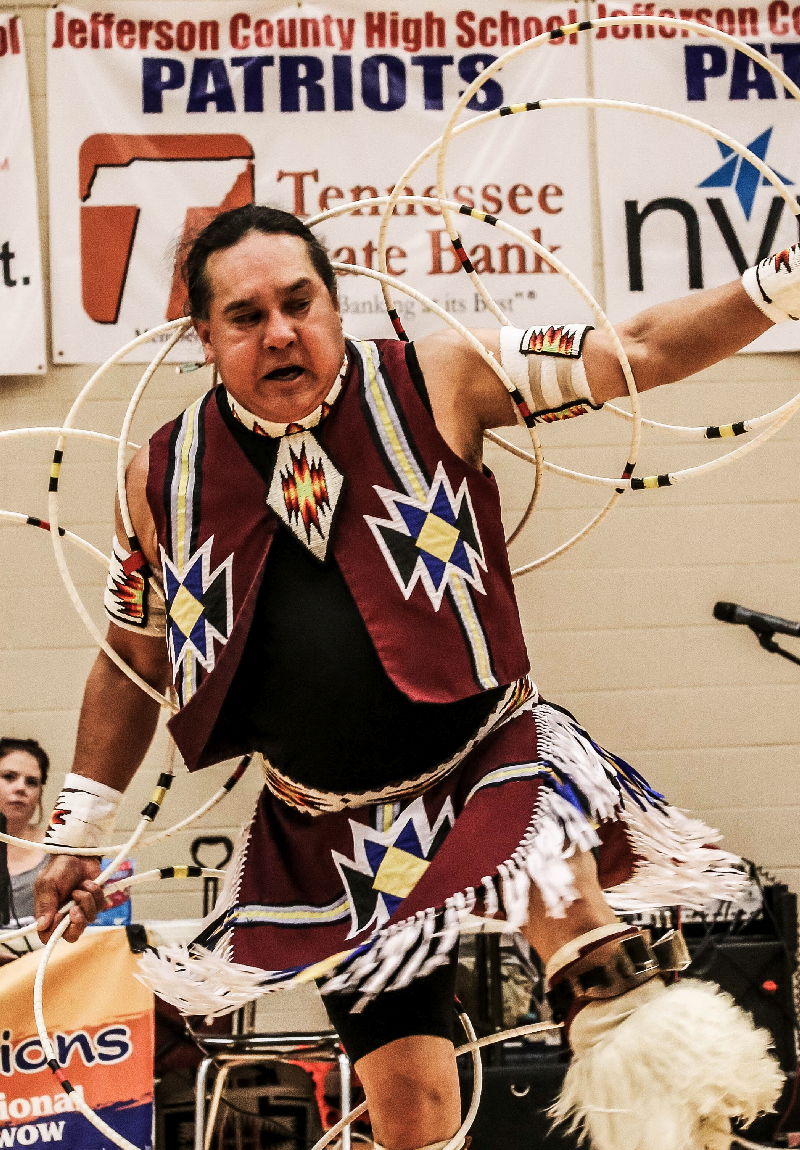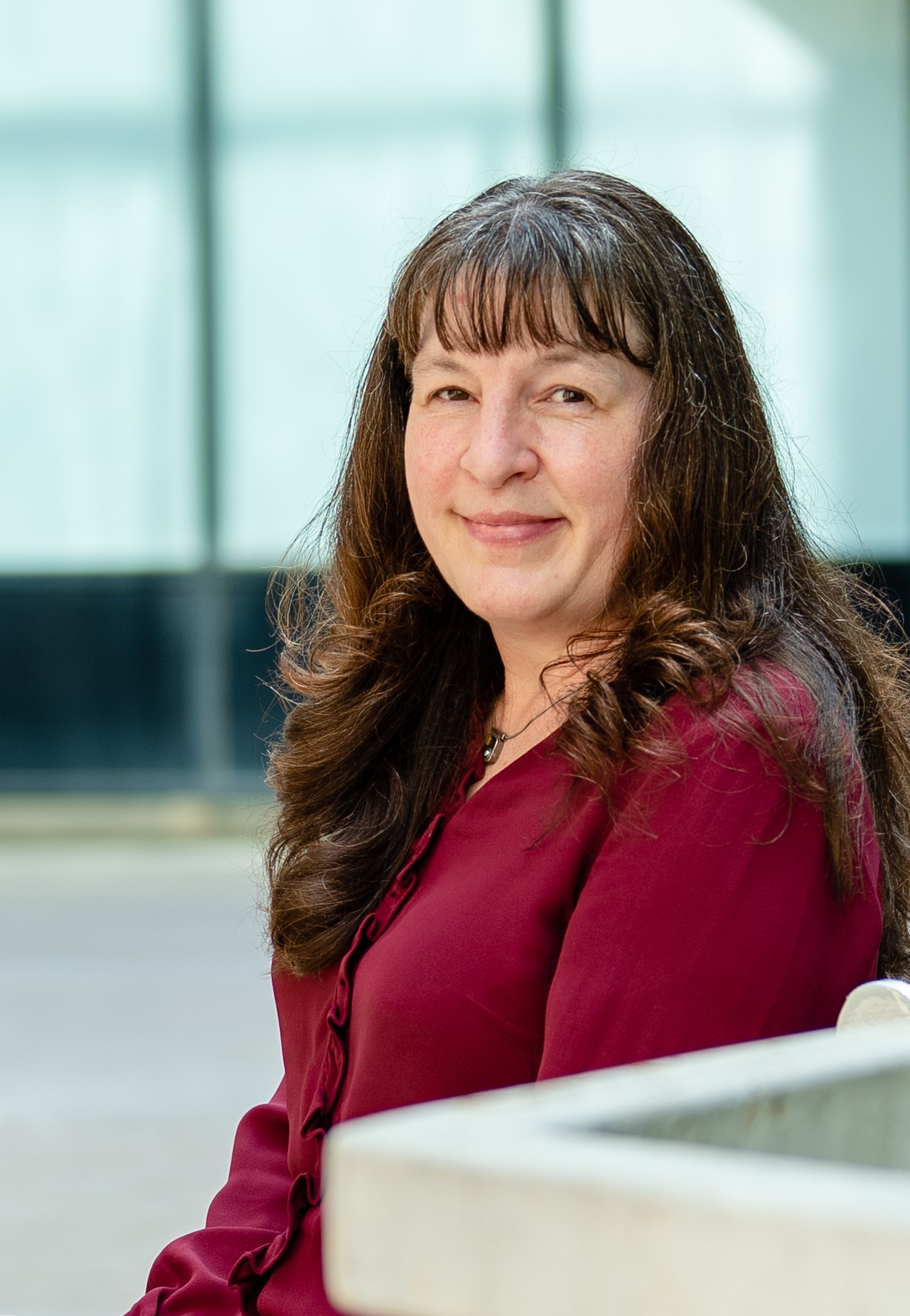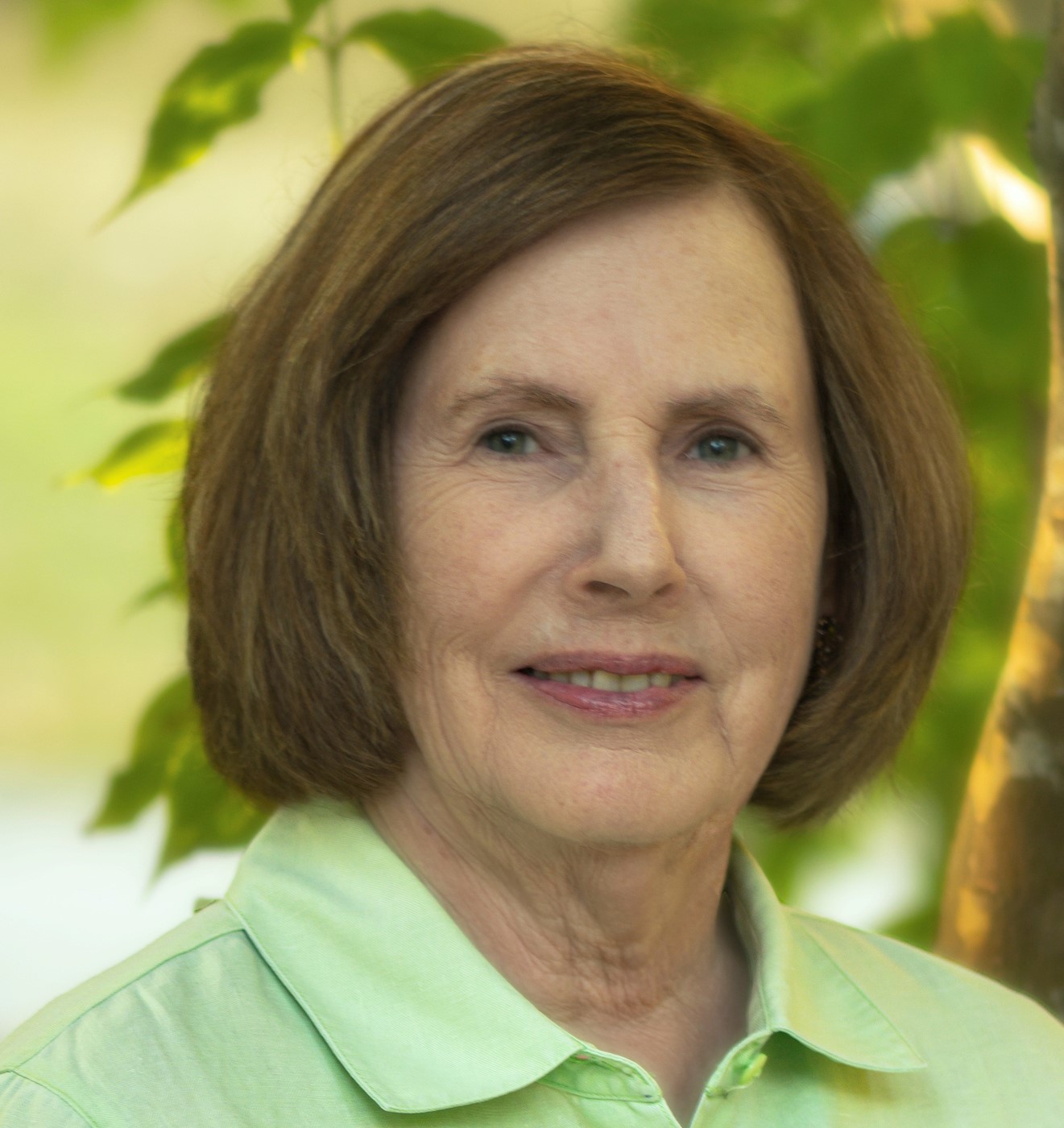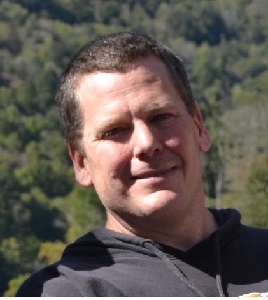Jefferson Chapman, PhD, RPA, is
Director Emeritus of the Frank H. McClung Museum of Natural History and
Culture at the
University of Tennessee, and an Adjunct Research Professor in
the Department of
Anthropology. He received his undergraduate degree from Yale
University in 1965 and a Masters of Arts in Teaching from Brown
University in 1968.
He taught history and anthropology at the Webb School of Knoxville for
six years before returning again to graduate school. After
receiving an MA and PhD from the University of North Carolina, Chapel
Hill, he joined the faculty of the University of Tennessee.
Dr.
Chapman has had over 40 years of experience in conducting archaeology
in Tennessee. Appointed Director of the McClung
Museum in
1990, Chapman's focus shifted from archaeology to making the Museum a
prominent University and community asset.
Dr. Chapman previously served as Chairman of the Tennessee
Archaeological Advisory
Council; he also serves on the board of The Nature Conservancy in
Tennessee and the Sequoyah
Birthplace Museum
He is a member of the Rotary Club of Knoxville and Leadership
Knoxville, Class of 1992. |
Randy
Solomon, a member of the Mississippi Band of Choctaw Indians, resides
in Memphis, TN. He is a Native artist, beadworker, singer and dancer. Solomon
has performed in many multicultural programs and powwows across the
United States and Europe.
He has worked in logistics for Fedex the past
26 years in Memphis.
He is a very active advocate in the powwow circuit in
helping Native youth who aspire to dance. In addition, he is a
voice for Native and water rights across Indian country.
|
Dr.
John R. Finger is Emeritus Professor of History at the University of
Tennessee, Knoxville, where he taught for 32 years. From 1997
to
2000 he was Head of the History Department.
As an undergraduate, he attended the universities of Missouri and
Kansas before earning his Ph.D. at the University of Washington.
In 1969, after teaching two years at Rochester
Institute of
Technology, he began his long stay at UTK.
He veered from his original focus on the American Frontier and Westward
Movement and fixated on the Eastern Band of Cherokee Indians, who
remained his major scholarly interest for the rest of his career.
Besides many published articles and reviews he has authored
three
books: The
Eastern Band of Cherokees, 1819-1900; Cherokee Americans: The
Eastern Band of Cherokees in the Twentieth Century; and Tennessee Frontiers:
Three Regions in Transition.
His
Native American orientation helped him receive a Fulbright Award in
1990 to teach at Victoria University in Wellington, New Zealand.
His travels and lecturing in NZ and Australia helped
familiarize
him with Maori and Aboriginal cultures. He is still engaged
in
research and writing, though it's in behalf of his current
passion--fiction. |
Syd
Golston, a past President of the National Council for the Social
Studies,
is an educational administrator, curriculum writer, historian, and
community volunteer. She taught at all grade levels from 7th
to
college, specializing in constructivist learning experiences in local
and women's history and in citizenship education. She
received
many teaching awards and grants when she was a classroom teacher.
Syd wrote
the books Changing
Woman of the Apache, Revisiting America,
The Death
Penalty, and Studies
in Arizona History,
and many journal articles. The organizations for which she
has
written curriculum include the PBS Online NewsHour, Kids Voting USA,
UNICEF, and the Commission on the Presidential Debates.
She
has recently retired from the Phoenix Union High School District,
Phoenix, Arizona, having served as an administrator since
2000,
most recently as the director of a
Teaching American History grant from the US Department of Education.
|
Eddie
Swimmer is an internationally known hoop dancer from Cherokee, NC.
He is a former World Grand Champion who has travelled across
Europe, Asia, and the Middle East. He performed at the 1994
World
Cup Soccer Tournament and at the 1996 and 2002 Olympics. His
image appears on a United States postage stamp as a part of the Native
Dance series.
|
Dr.
Rachel Talbert is a postdoctoral fellow
with the Gordon Institute for Urban and Minority
Education and the Department of
Curriculum and
Teaching, she earned her doctorate in Curriculum and Instruction from
the
George Washington University Graduate School of Education and Human
Development
in 2021. Her research with urban Indigenous youth in public schools
focuses on
social studies education and outside of school spaces and how they
support civic
identity negotiation and its
relationship to tribal sovereignty and self-determination.
|
Carol Carney Warren is retired
from the position as K-12 Social Studies Specialist with the
Arizona
Department of Education. She has master’s degrees in
Elementary Education and
in
History from Arizona State University and taught for 25 years at
Sacaton Public School on
the
Gila River Indian Community. In addition, she has taught Social Studies
Education and
History
courses at Arizona State University and Northern Arizona University.
Carol
has received several awards for teaching and lesson writing, including
a Lifetime
Achievement
in Social Studies Education in Arizona award from the Arizona Council
for the
Social
Studies. Most recently she was awarded a Teaching Western History Award
from the
Western
History Association for a lesson she wrote on the Akimel
O’odham and water loss
on
the Gila River Indian Community. Through her association with the
National Council for
the
Social Studies (NCSS) and as a Teacher Consultant for the Arizona
Geographic
Alliance
(AzGA) she has written many elementary lessons and activities on
Indigenous
topics,
presented at national and international educational conferences, and
written articles
and
lessons for publication.
In
retirement, Carol continues to support Indigenous education efforts by
volunteering with
the
Indigenous Education Community of the NCSS. She also creates and
presents lessons,
has
developed and presented webinars, and advises on local and national
projects
concerning
history and Indigenous topics.
|
Debbie
Woodiel is retired from the McClung Museum of Natual History &
Culture, University of Tennessee, where she was Assistant Director and
Museum Educator. She enjoyed many
facets of her job, including designing and implementing programs for
various audiences and special events, working on the the exhibits team,
managing the education collection, supervising outreach
programs to schools, overseeing summer camps, working with UT students
and faculty, and conducting inservice workshops for precollege teachers
about the permanent and temporary exhibitions. So many
exhibitions, so many programs! Twenty-six years went by quickly.
Woodiel came to East Tennessee from Baton Rouge, Louisiana, having
worked there as Chief of Interpretive Services and Archaeologist for
the Louisana Office of State
Parks. In that job, she conducted
surveys and supervised excavations at historic and prehistoric parks
as well as outdoor
recreation parks, oversaw collections at these sites, and reviewed
interpretive program designs,
museum and exhibit designs, written materials and audiovisual
programs, and historic restoration
plans. Her division also funded special annual public programs at
parks around the state.
Even longer ago (way back in 1975), she began her career as Staff
Archaeologist at the Louisiana Division
of Archaeology when it was a new state agency, doing fieldwork and
reviewing cultural resources
reports.
Woodiel
received B.A. and M.A. degrees in Anthropology from Louisiana State
University, Baton
Rouge.
|
Bill
Carey is the founder and executive director of Tennessee History for
Kids, an organization whose website, booklets, and posters are used in
more than 6,000 classrooms across the Volunteer State.
Bill
is also a former journalist, the author of six books on the history of
Nashville and a columnist for Tennessee
Magazine and several newspapers throughout the state.
He once served in the United States Navy, where he flew the P-3 Orion.
|


